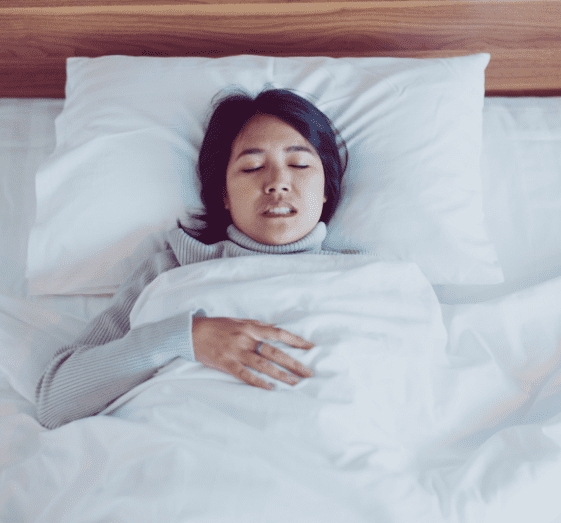How is Bruxism Treated?
Several treatments available for bruxism can alleviate symptoms and help prevent further damage. In this article, we will explain the various options available for bruxism treatment and discuss how you can effectively manage this condition.
What is Bruxism (Teeth Grinding)?
What are the types of bruxism?

Sleep bruxism
Awake bruxism
How Common is Bruxism?
Sleep bruxism in young people is more common than bruxism in adults, including middle-aged and elderly people. Due to the fact that many people with sleep bruxism are unaware that they do so, accurate population estimates are difficult to obtain.
The prevalence of bruxism in youngsters is the most difficult to quantify. Researchers have observed that nightly tooth grinding affects anywhere from 6–49% of kids. Some newborns and toddlers may experience teeth grinding as early as the teeth begin to grow.
Now, children who suffer from sleep disturbances, including sleep talking, sleepwalking, or bedwetting, may be more likely to develop sleep bruxism.
Sleep bruxism is thought to affect about 15% of teenagers. Only about 3 percent of those over 60 are thought to clench or grind their teeth when sleeping, down from 8 percent of middle-aged adults.
Symptoms of Bruxism

How is Bruxism Diagnosed?
A doctor or a dentist can diagnose sleep bruxism, although the diagnosis procedure may differ based on the kind of health care provider.
The most accurate approach to identify sleep bruxism is through polysomnography, an overnight sleep study. However, polysomnography can be pricey and time-consuming and may not always be necessary.
When a person has a variety of sleep complaints, polysomnography may be extremely helpful because it can detect other sleep issues, such as OSA (Obstructive sleep apnea).
For many people, the existence of signs of sleep bruxism, such as tooth damage and jaw pain, along with allegations of teeth grinding from a bed partner, may be enough to make the diagnosis.
Even while home observation tests are less reliable than polysomnography, they can be used to check for evidence of teeth grinding.

Treatment of Bruxism
You can find out which choice might be the most suitable for you by speaking to your dentist or doctor. The most popular bruxism treatment options for patients with sleep bruxism include the following:
Dental
- Dental adjustment. Your dentist might need to modify the chewing surfaces or use crowns for your teeth to correct the damage in severe situations where tooth wear has resulted in discomfort or the inability to chew effectively.
Medications:
Habits to prevent Bruxism
Avoid stimulating substances in the evening.
The following measures of self-care may be helpful in preventing bruxism or in treating it:
Practice good sleep.
Getting a full night’s rest, which may involve seeking therapy for sleep issues, has been shown to have a positive effect on bruxism.
Be open about it with your sleep partner.
If you have someone who sleeps with you, ask them to keep an ear out for any sounds of grinding or clicking that you might produce while you are asleep. This way, you will be able to report the issue to your dentist or doctor.
Go to your dentist regularly.
Bruxism can be diagnosed with a dental exam. Signs of teeth grinding, or bruxism, might be spotted by your dentist during routine checkups.

Stress and anxiety management
You can relax and lower your risk of bruxism by doing things like listening to music, taking a warm bath, or engaging in physical activity.
Massage and Jaw Exercises
FAQ
When Should You See a Doctor about Bruxism?
Why is Teeth Grinding Bad for Your Health?
Bruxism, which refers to uncontrollable teeth grinding, can cause a host of medical issues if left untreated. Your teeth could break or shatter, necessitating crowns or dental implants for repair. The tooth enamel could wear away, putting you at risk for periodontal disease and tooth loss.

Who is at Risk for Bruxism?
The risk factor of bruxism may be increased by using recreational drugs, drinking alcohol or caffeine-containing beverages, smoking cigarettes, or genetic factors. Also, people that have a family clinical history with a tendency to bruxism are at risk.
What Are the Consequences of Sleep Bruxism?
Mild bruxism typically doesn’t result in immediate significant issues. However, severe bruxism might result in the following:
- Damage to teeth, jaw, crowns, or restorations.
- Severe pain in the jaw or face.
- Headaches that feel tense.
- Temporomandibular joint disorders can cause a clicking sound when you open and close your mouth. The TMJs are placed right in front of your ears.

